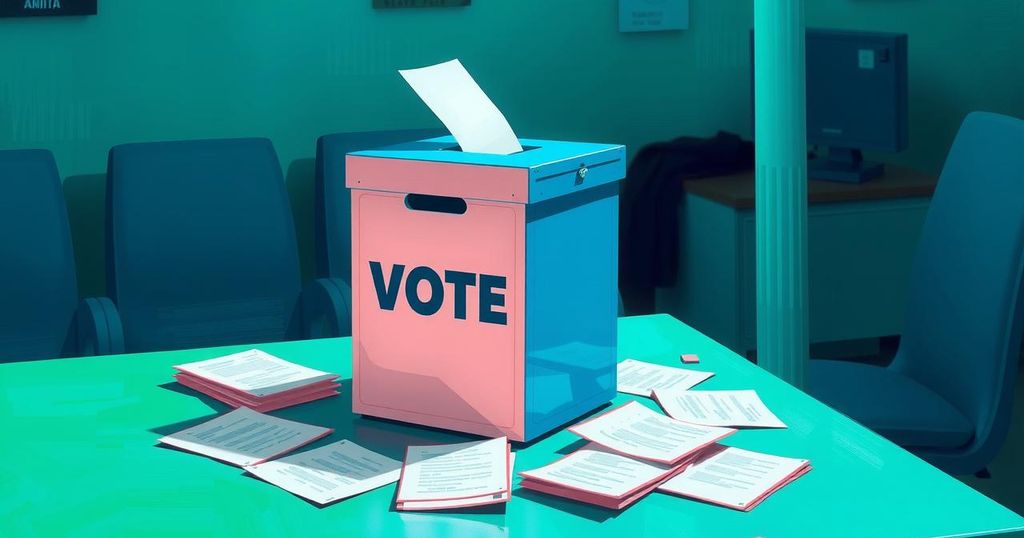Reducing Rejected Ballots: A Call to Action for Africa’s Electoral Bodies
Jean Mensa, Chairperson of Ghana’s Electoral Commission, emphasizes the need for African electoral bodies to eliminate rejected ballots, viewing the high rates as detrimental to democracy. At the 12th General Assembly, she highlighted solutions such as e-voting and public education. She called for more collaboration among election-related bodies to ensure credibility and sustainability in the electoral process, noting achievements like solidarity missions.
Mrs. Jean Mensa, the Chairperson of the Electoral Commission of Ghana, has urged African electoral management bodies to strive for the elimination of rejected ballots to enhance democracy on the continent. She described the prevalence of rejected ballots in Africa as “a blot on our democracy” and highlighted the imperative for electoral bodies to “ensure that every vote counts.”
This declaration was made during an interview following the conclusion of the 12th General Assembly of the Association of African Election Authorities held in Accra on March 12-13, 2025. The assembly arose from a previous Continental Forum aimed at improving electoral management in the region.
During the forum, the assembly members expressly recognized the severe implications of high rejected ballot rates on the credibility of national elections. Mrs. Mensa emphasized the responsibility of electoral management bodies to implement viable solutions such as e-voting technologies, redesigning ballot papers, and providing public education on voting processes.
She stated, “It is important for us as election management bodies to work to ensure that every vote counts…it’s important that we educate the citizens and do everything within our power to ensure that every vote counts and every vote matters.” The Association, comprising heads of election-related bodies from approximately 45 African nations, meets to exchange best practices and experiences.
The agenda for the 12th General Assembly included electing new leadership for the upcoming two years and discussing a strategic plan focused on long-term sustainability and increased visibility for the Association. Mrs. Mensa noted that a significant achievement was the introduction of solidarity missions in 2023, which encouraged collaboration among electoral bodies during general elections.
Statistical data from the Electoral Commission shows that between 1992 and 2020, rejected votes in Ghana’s national elections ranged from one to three percent. Notably, in the 2020 General Election, 2.33 percent of ballots were rejected, while this figure slightly improved to 2.08 percent in the 2024 election.
In conclusion, Mrs. Jean Mensa advocates for the reduction of rejected ballots in Africa to fortify the integrity of democratic processes. Her emphasis on education and the deployment of advanced voting technologies is critical for ensuring that each vote counts. The ongoing collaboration among electoral bodies through the Association of African Election Authorities is essential for sharing effective practices and improving electoral credibility across the continent.
Original Source: www.ghanabusinessnews.com




Post Comment